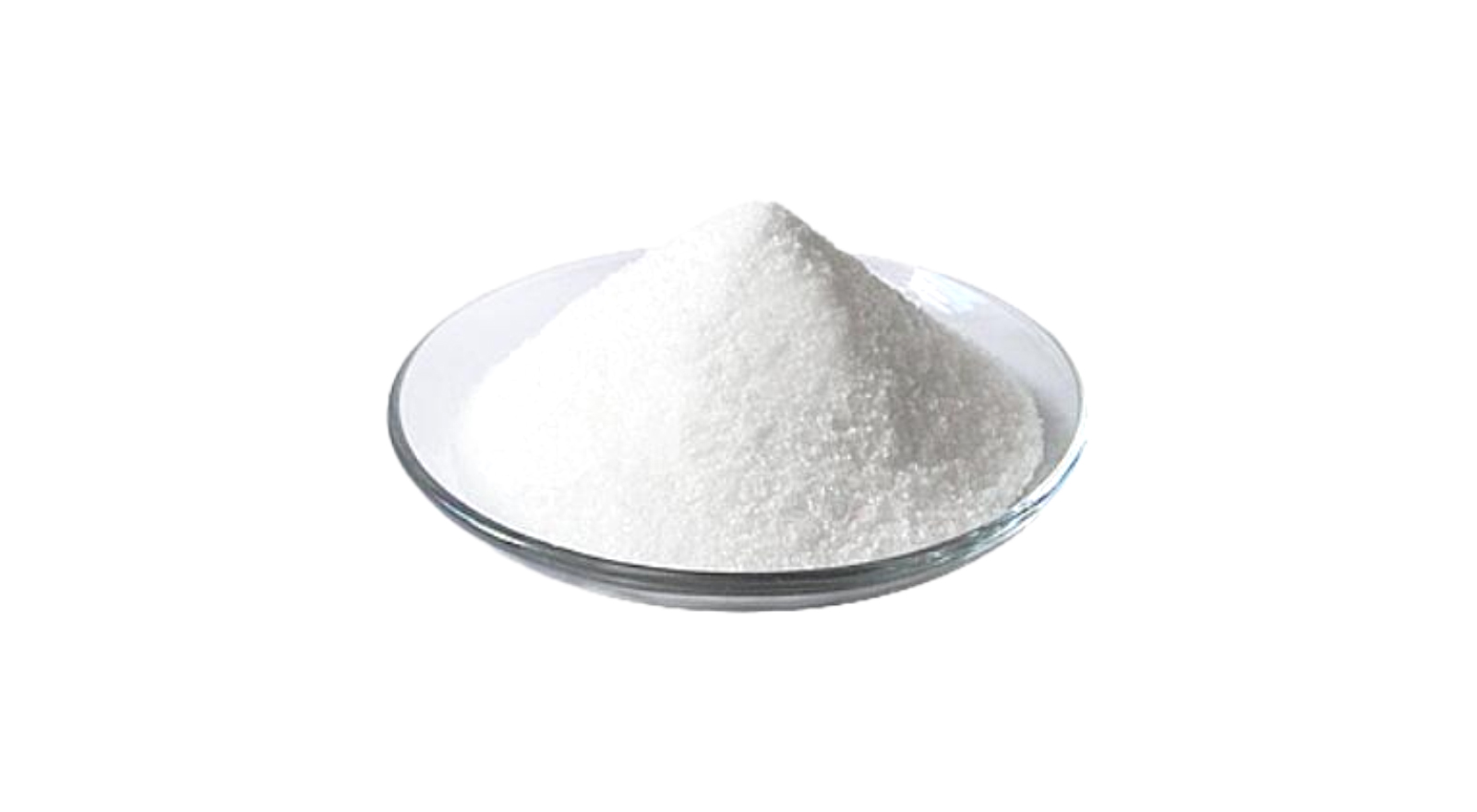We supply high-purity Potassium Borohydride (CAS 13762-51-1), a powerful reducing agent used in organic synthesis for reducing carbonyl compounds, nitriles, and other functional groups. It is widely applied in chemical manufacturing and laboratory processes.
Applications
- Chemical Synthesis: Potassium Borohydride (KBH₄) is commonly used as a reducing agent in organic chemistry. It effectively reduces aldehydes, ketones, imines, and nitriles to the corresponding alcohols and amines, making it invaluable in the production of a wide range of organic compounds.
- Hydrogenation Reactions: Due to its selective hydrogenation properties, Potassium Borohydride is used to reduce alkenes and alkynes to alkanes, often under mild conditions that preserve other sensitive functional groups such as carbonyls or nitro groups. This selective hydrogenation capability is particularly useful in petrochemical and fine chemical industries.
- Preparation of Borates: Potassium Borohydride is also a useful reagent for the preparation of borates. These borates are used in manufacturing detergents, flame retardants, and various polymers, such as in the creation of certain types of glass or ceramics.
- Reduction of Metal Ions: Potassium Borohydride can reduce metal salts, such as silver nitrate (AgNO₃) or copper(II) salts, to their corresponding metals. This is useful in the preparation of metal nanoparticles, which have applications in catalysis, electronics, and biomedical fields.
- Pharmaceutical Synthesis: It plays an important role in the pharmaceutical industry, where it is used to reduce certain pharmaceutical intermediates. This reduction enhances their stability, solubility, and bioavailability. It is also used in the synthesis of certain drugs with higher purity and improved therapeutic properties.
Preparation
- Synthesis via Potassium Hydride and Diborane: The most common method for preparing Potassium Borohydride involves reacting potassium hydride (KH) with diborane (B₂H₆) in an inert atmosphere (such as nitrogen or argon) to prevent the formation of unwanted byproducts. This reaction produces Potassium Borohydride and hydrogen gas as a byproduct. The reaction is as follows: 2KH + B₂H₆ → 2KBH₄ + H₂
- Alternative Method Using Boron Trichloride: Another method involves the reaction of potassium hydride with boron trichloride (BCl₃) in dry solvents like tetrahydrofuran (THF) or ether, under controlled temperature conditions. This process yields Potassium Borohydride and potassium chloride (KCl) as a byproduct. This reaction can be represented as: 4KH + BCl₃ → 4KBH₄ + 3KCl
- Purification Process: After the synthesis, the product is typically dissolved in water or alcohol to remove soluble impurities. The solution is filtered to remove any solid byproducts, and the Potassium Borohydride is then isolated by evaporating the solvent under reduced pressure or by drying the product in a vacuum oven. The final product is often characterized using techniques such as X-ray diffraction (XRD) or nuclear magnetic resonance (NMR) to confirm its purity and structure.
- Handling and Storage: Potassium Borohydride should be stored in a tightly sealed container to prevent reaction with moisture from the air. It must be kept in a dry, cool place, away from direct sunlight and reactive chemicals. The product is typically handled under an inert atmosphere like nitrogen or argon to maintain its stability and avoid decomposition.
Test Report / Safety Data Sheet
About Us
We are located in Maoming City, Guangdong Province, China, and are the exclusive distributor authorized by manufacturers. We specialize in the chemical reagents field, particularly with significant advantages in hazardous, explosive, toxic chemicals, and other dangerous chemicals. We are committed to providing high-quality, high-purity chemical products to global customers. With our excellent quality control system and stable supply chain management, our products are widely used in chemical synthesis, polymerization reactions, surface treatment, water treatment, and environmental protection.
All the products we offer meet international quality standards, cater to high-end application demands, and provide customers with customized high-performance solutions and premium products, helping them achieve success in the global market. We are exclusively authorized to supply more than 2,936 types of dangerous chemicals, including hazardous explosives, toxic chemicals, and other dangerous chemicals. Additionally, we hold the first, second, and third class licenses for the operation of dangerous chemicals in China, with our business operations including wholesale, supply, trade, and export. We are dedicated to helping customers enhance their market competitiveness by offering superior products and services.
